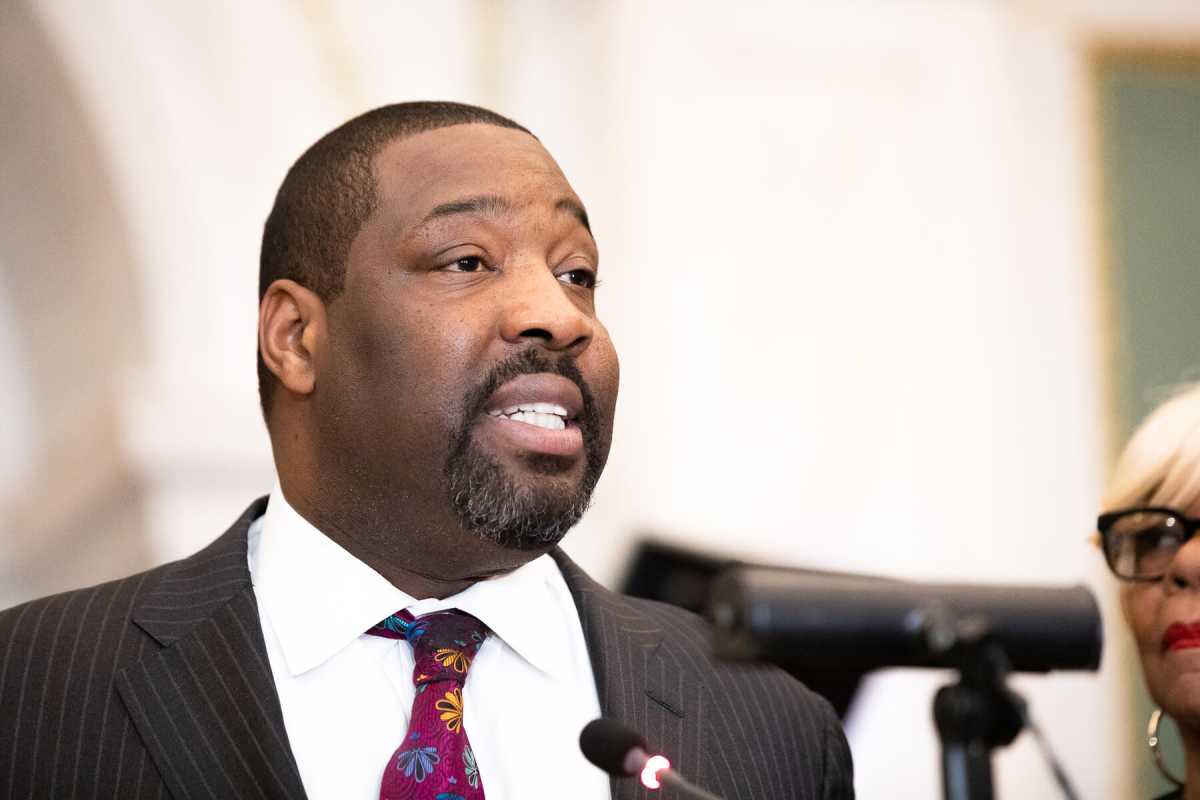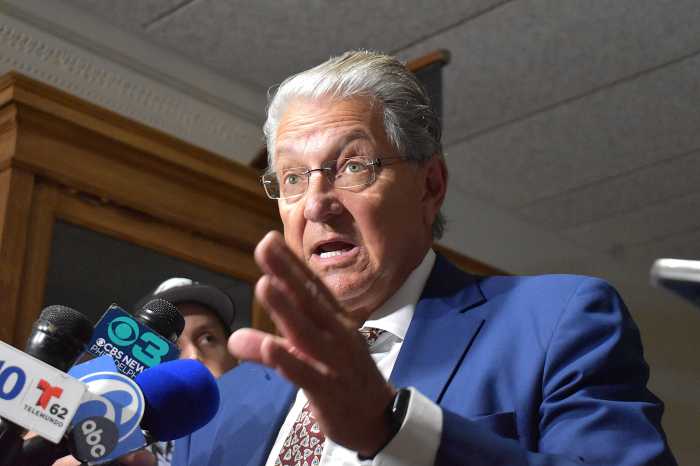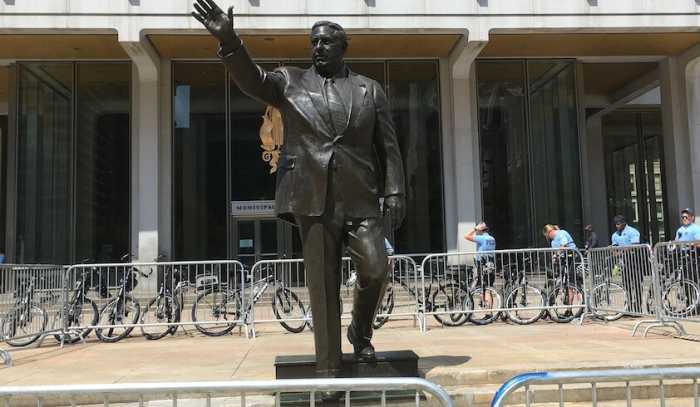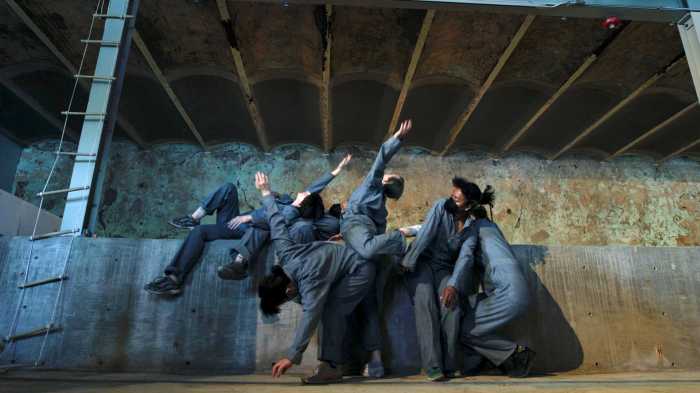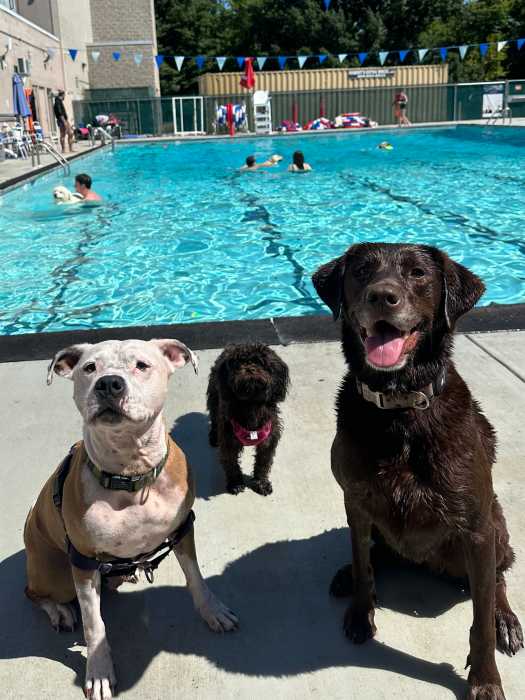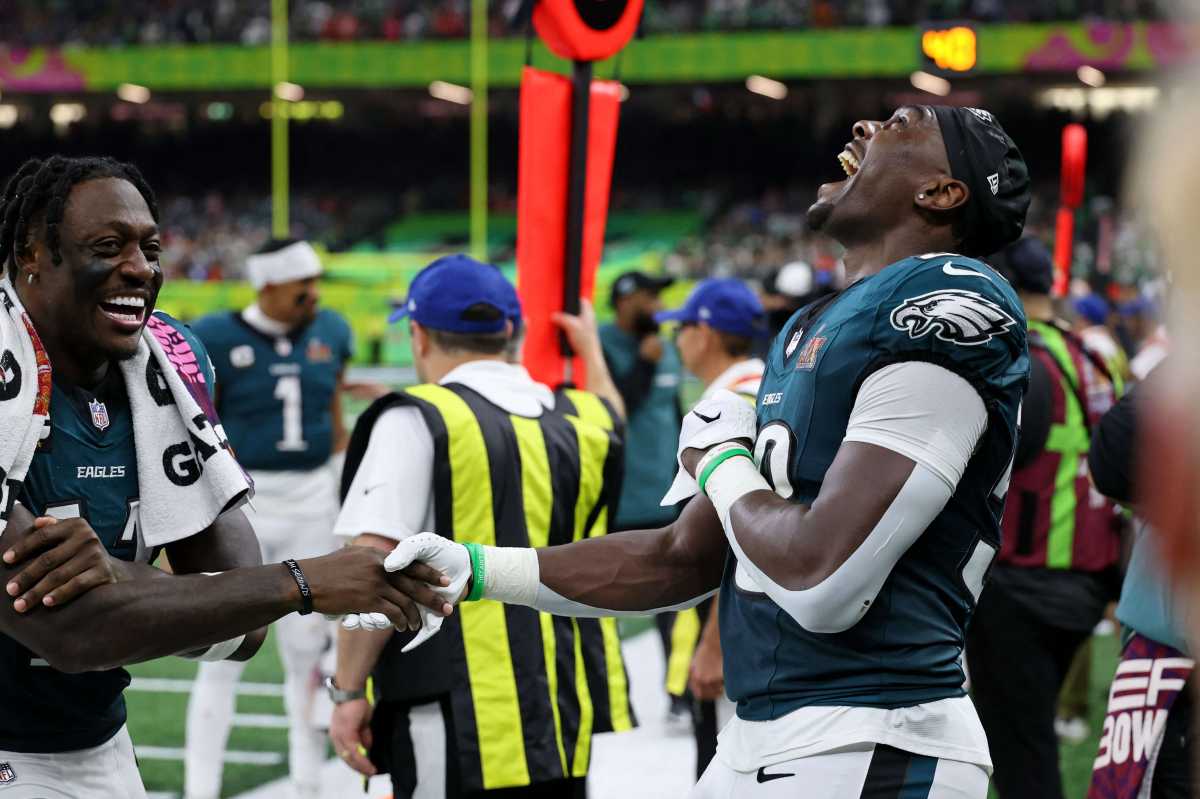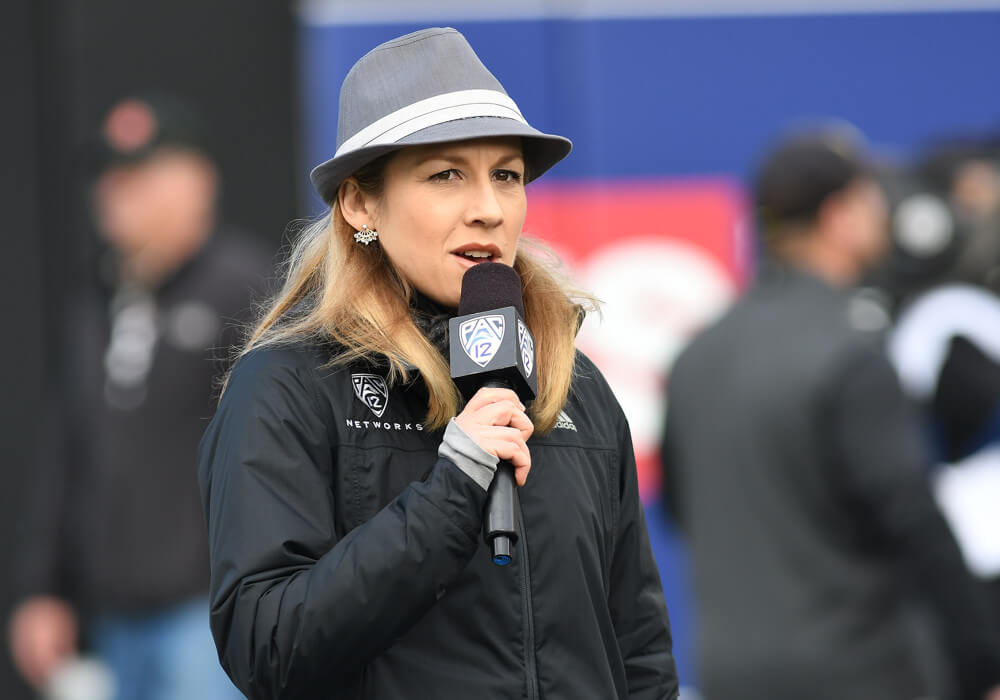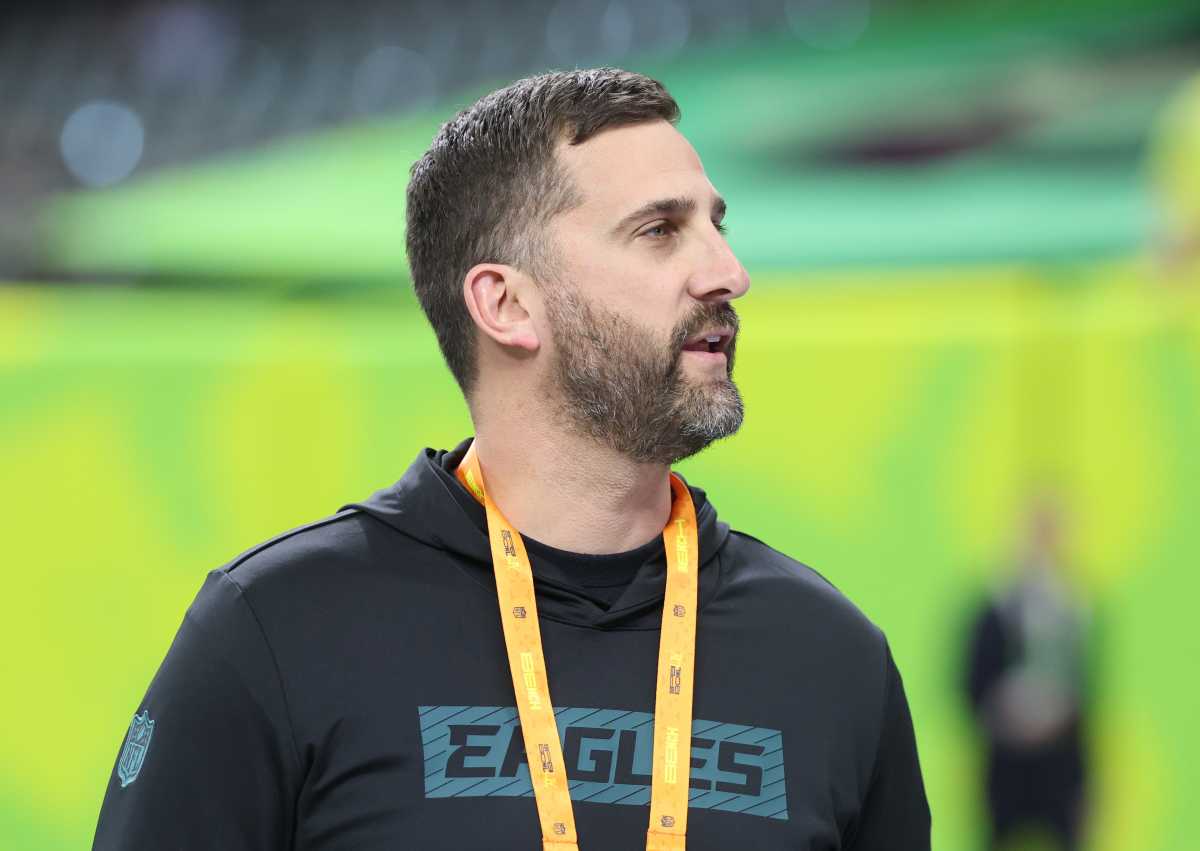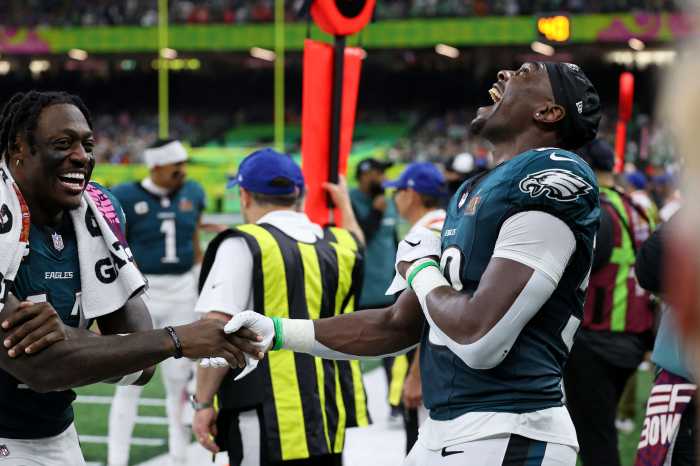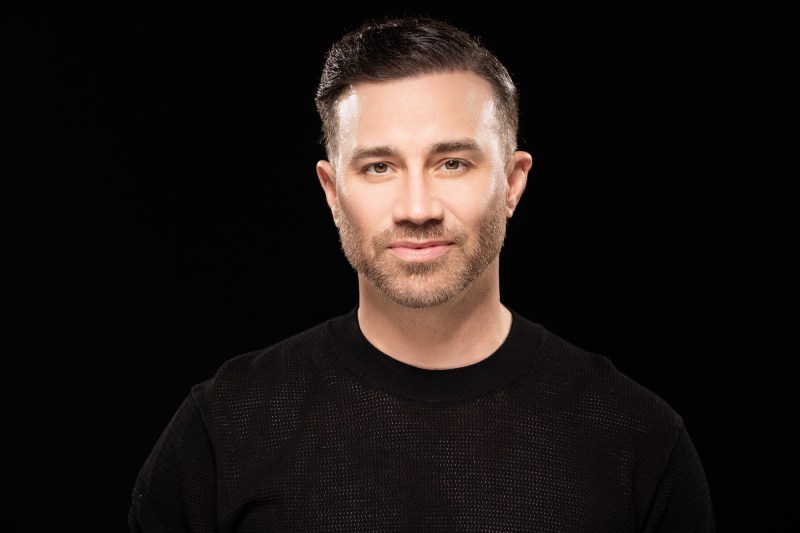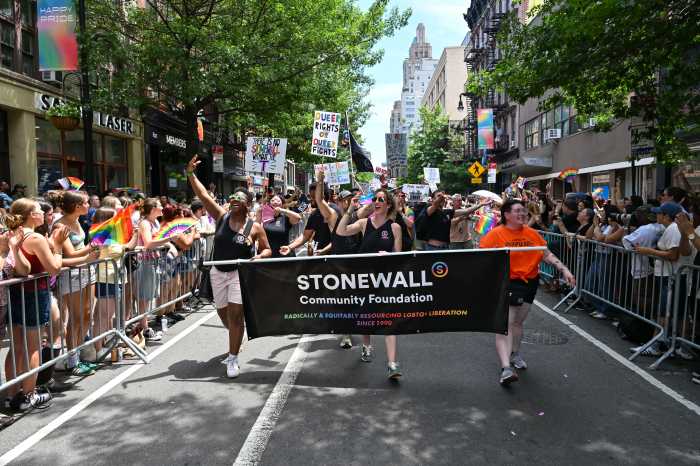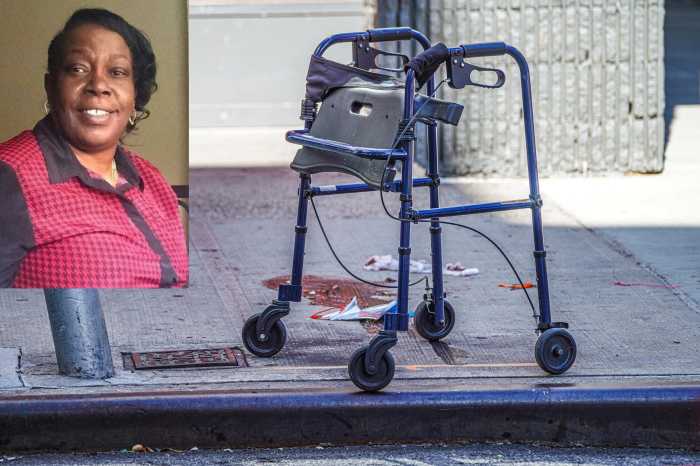A package of legislation was introduced Thursday in City Council in response to ongoing protests against police brutality following the killing of George Floyd by police in Minneapolis.
The bills proposed a number of reforms, including establishing an oversight commission and reinstating residency requirements for officers, two days after Mayor Jim Kenney called for similar measures.
“Every now and then, you know there is a sea change, that things will never ever be the same again,” said Councilman Curtis Jones Jr., who compared the demonstrations to 9/11 and the Me Too movement.
It’s not clear how the proposals—from both Council and the mayor—play into the city’s labor contract with the police union, Fraternal Order of Police Lodge 5. The FOP has not commented since Kenney released his reform agenda Tuesday.
Jones, who called Floyd’s death a “televised lynching,” said the bills offered Thursday did not represent an indictment of the PPD.
“All of us know that 98 percent of the individuals that protect and serve are good individuals who follow the rules and regulations of engagement,” Jones said. “What we have to do is listen to the public.”
Legislation backed by a majority of Council members would ask residents to vote in November for the establishment of the Citizens Police Oversight Commission, which would be tasked with reviewing officer conduct and holding the department accountable.
The bill did not specifically detail the commission’s power, though it did say the body did not need to be limited to an advisory role. It would have the ability to subpoena records and testimony and hire a legal firm to conduct investigations.
However, the legislation did not indicate how many members would serve on the commission, how they would be selected and if they would be paid.
The Citizens Police Oversight Commission would be the successor to the current Police Advisory Commission and absorb its funding.
Another measure introduced Thursday would make it illegal for police to use choke holds, hogties and place their body weight on a person’s head, face, neck, chest or back.
The legislation’s sponsor, Councilman Kenyatta Johnson, dubbed it the “Let Philly Breathe” bill. Floyd died after Police Officer Derek Chauvin was caught on camera kneeling on his neck for nearly 9 minutes.
Kenney and Police Commissioner Danielle Outlaw said Tuesday that the department plans to ban sitting or kneeling on a person’s neck or head. Chokeholds are already prohibited under PPD protocol.
Council passed a resolution to hold hearings on the public’s priorities heading into contract negotiations with the FOP, and Councilwoman Katherine Gilmore Richardson sponsored a bill calling for a public hearing to be held at least a month before the city ratifies a contract with the union.
The FOP recently agreed to an emergency one-year contract extension with the city, an effort by the Kenney administration to avoid protracted talks during the coronavirus pandemic. The deal expires next summer, and negotiations will likely get underway in the fall.
“These very expensive contracts are one of our most important tools for ensuring that the Philadelphia Police Department and its officers are responsive to calls for reform and benchmarks for improvement,” Gilmore Richardson said in a statement.
Another measure, which Kenney is also pushing for, would require all officers to live in Philadelphia. Since 2012, officers with 5 years of experience or more have been able to relocate outside of the city.
Only Councilman Brian O’Neill, whose Far Northeast district includes the FOP’s headquarters as well as the homes of many officers, didn’t sign on as a co-sponsor.
The bills will now head to committee and wind their way through the legislative process. All have support from a majority of Council.
Council has struck a more progressive tone since January, when several new members took over after being elected last year.
“We have to have difficult conversations,” said Jones, a councilman for the past 12 years. “Some of our freshmen are forcing us to have them.”



